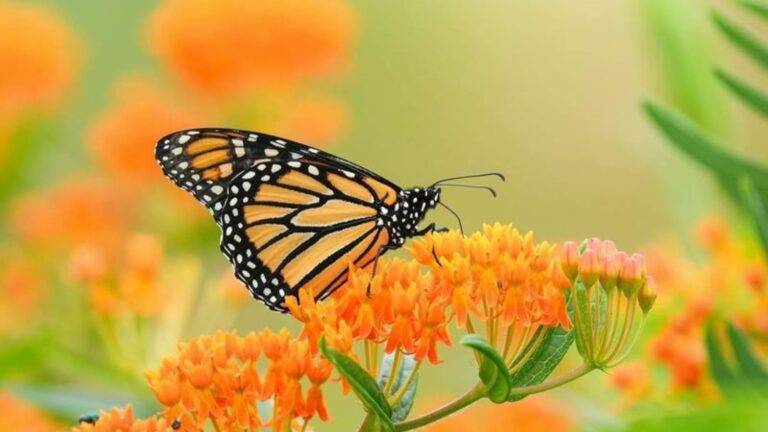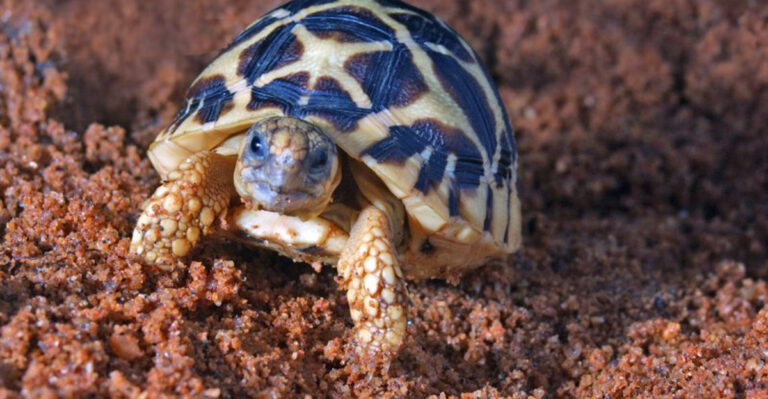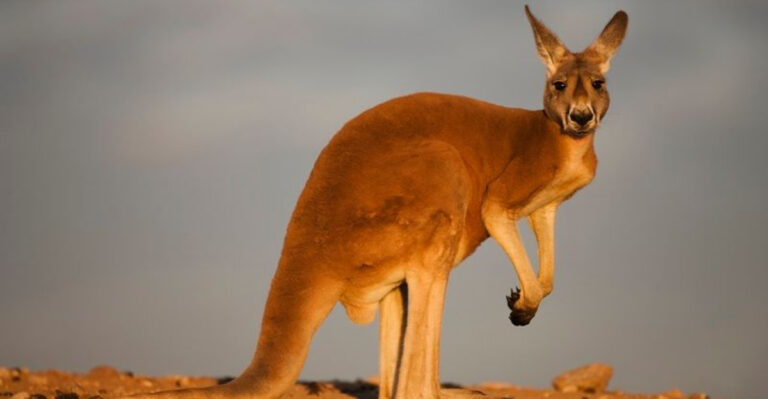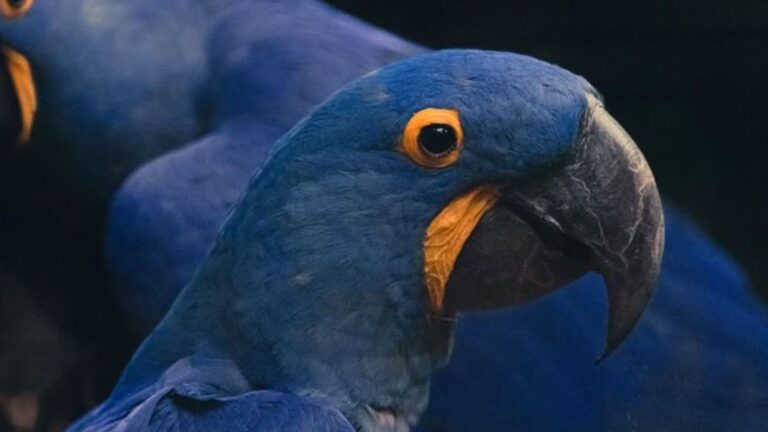Rabbit Lifespan: How Long Can Rabbits Live?
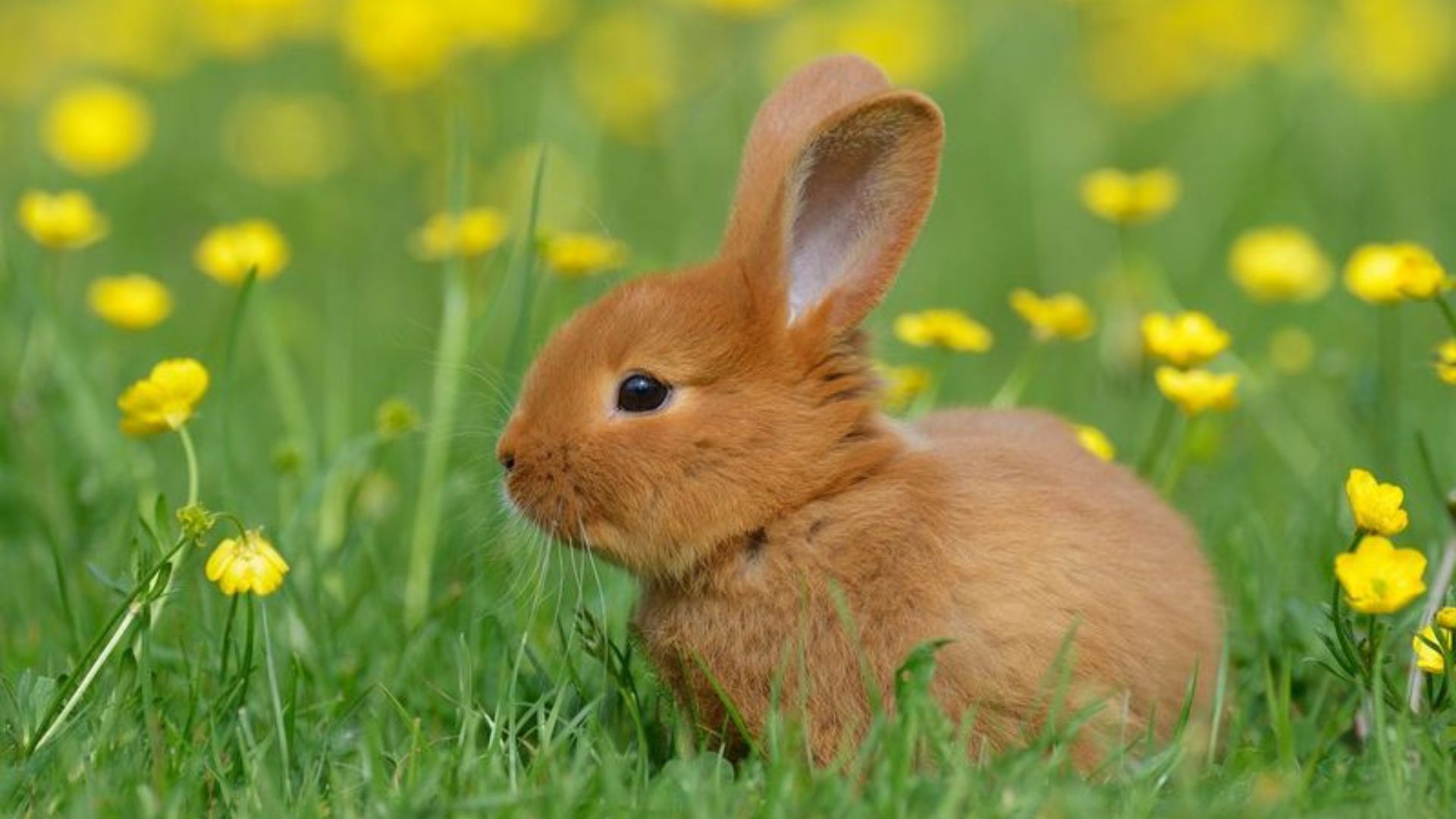
Those adorable twitchy noses and floppy ears might be in your life longer than you think! Pet rabbits aren’t just short-term companions – with proper care, these fuzzy friends can hop alongside you for quite a few years.
Understanding what affects their lifespan helps ensure your bunny lives its fullest, healthiest life possible.
1. Average Lifespan Varies By Breed
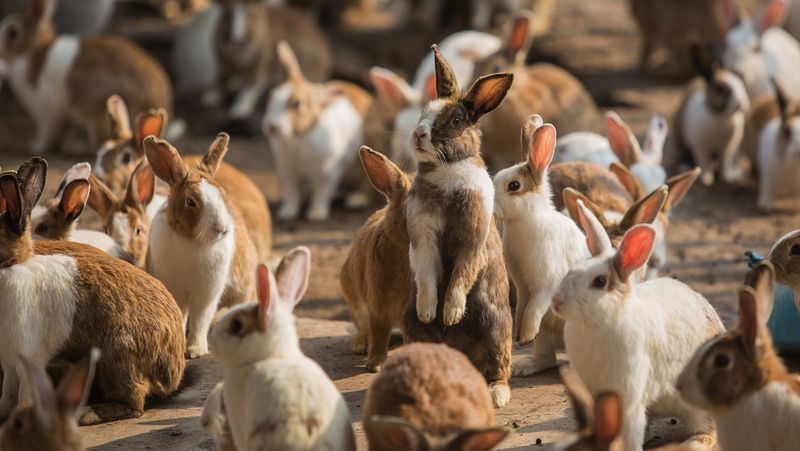
Small breeds like Netherland Dwarfs typically live 7-10 years, while medium-sized rabbits such as Rex rabbits often reach 8-12 years.
Larger breeds including Flemish Giants generally have shorter lives of 5-7 years. Size matters in the bunny world – smaller bunnies often outlive their bigger cousins!
2. Wild Rabbits Don’t Live As Long
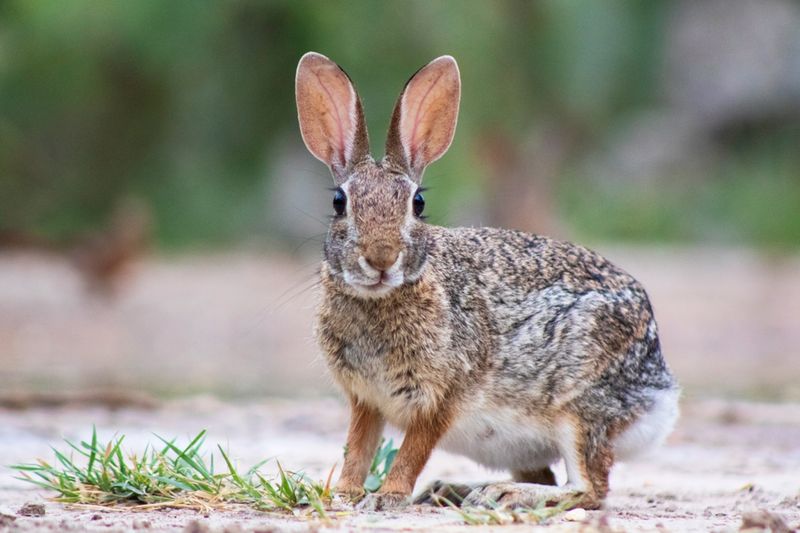
While your pampered house bunny might celebrate a decade of birthdays, wild rabbits typically survive just 1-2 years in natural settings.
Predators, harsh weather, and diseases cut their lives dramatically short. A wild rabbit reaching 3 years is considered an elderly survivor in the natural world!
3. Indoor Rabbits Live Longer
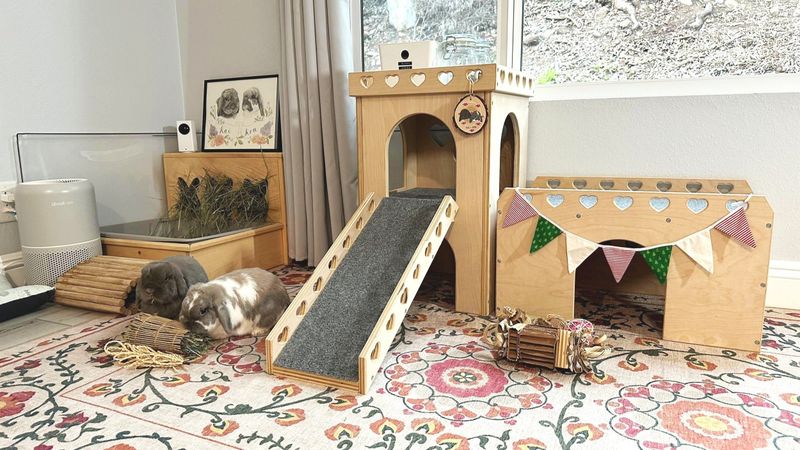
Keeping your fluffy friend inside adds years to their life! Indoor rabbits typically live 8-12 years, protected from predators, extreme temperatures, and parasites.
Outdoor hutch rabbits often survive only 5-6 years. The controlled environment of your home creates a safe haven where bunnies can truly thrive.
4. Diet Makes A Dramatic Difference

Fresh hay should make up 80% of your rabbit’s diet – it’s not just filler, it’s essential for digestive health!
Rabbits fed primarily pellets or treats face shortened lifespans due to obesity and GI problems. Dark leafy greens provide vital nutrients, while fruits should remain occasional treats due to their sugar content.
5. Spaying And Neutering Extends Life
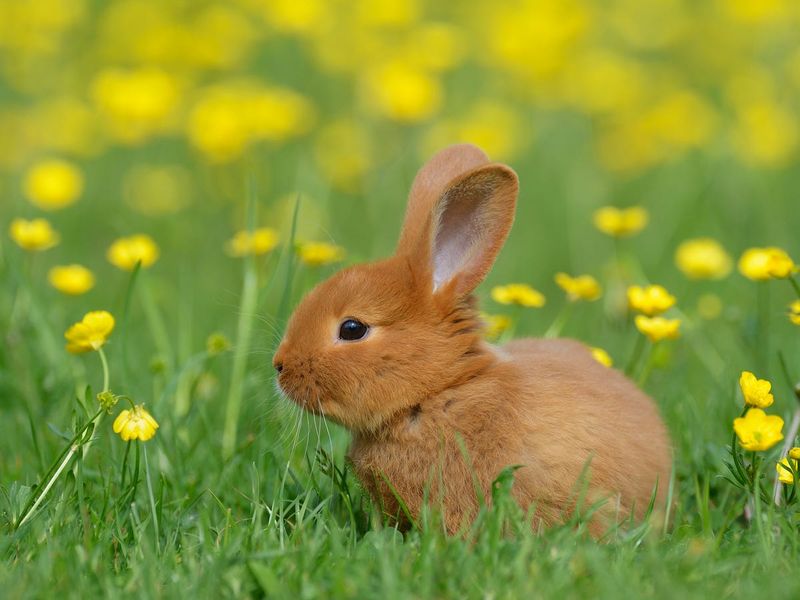
Fixed rabbits live 1-3 years longer than intact ones! Female rabbits especially benefit, as unspayed does have an 80% chance of developing uterine cancer by age five.
Males gain health benefits too, with reduced hormonal behaviors and marking. Most vets recommend the procedure between 4-6 months of age for optimal results.
6. Exercise Requirements Are Crucial
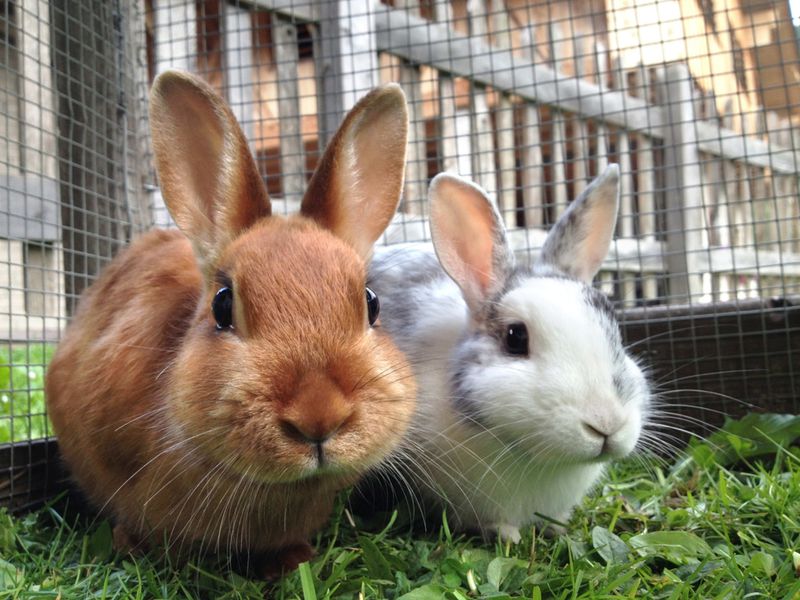
Couch potato bunnies don’t live as long! Rabbits need at least 3-4 hours of out-of-cage exercise daily to maintain healthy weight and prevent muscle atrophy.
A sedentary rabbit quickly develops obesity and related health problems. Provide plenty of space for running, jumping, and exploring – their bodies evolved for movement, not confinement.
7. Dental Health Impacts Longevity
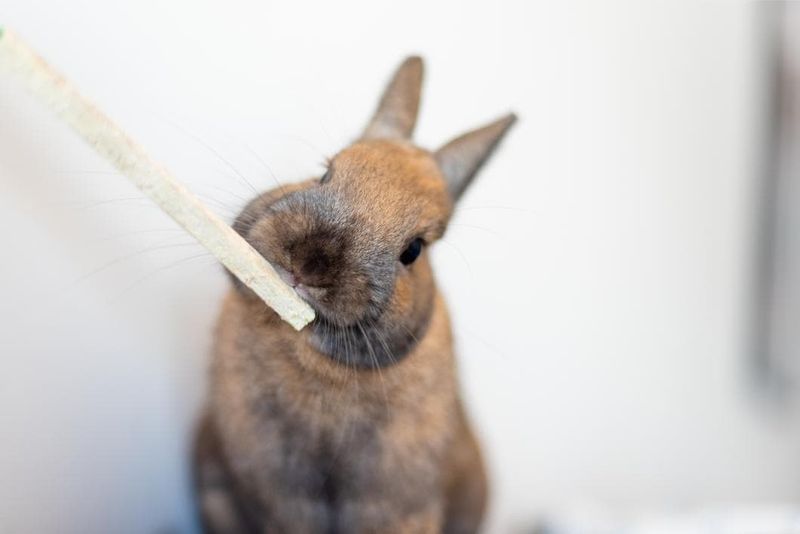
Rabbit teeth never stop growing! Without proper wear from hay and chew toys, teeth can develop painful spurs that prevent eating.
Dental disease is among the top killers of pet rabbits. Regular checks are vital – look for drooling, reduced appetite, or weight loss as warning signs of dental problems that could shorten your bunny’s life.
8. Stress Shortens Rabbit Lives
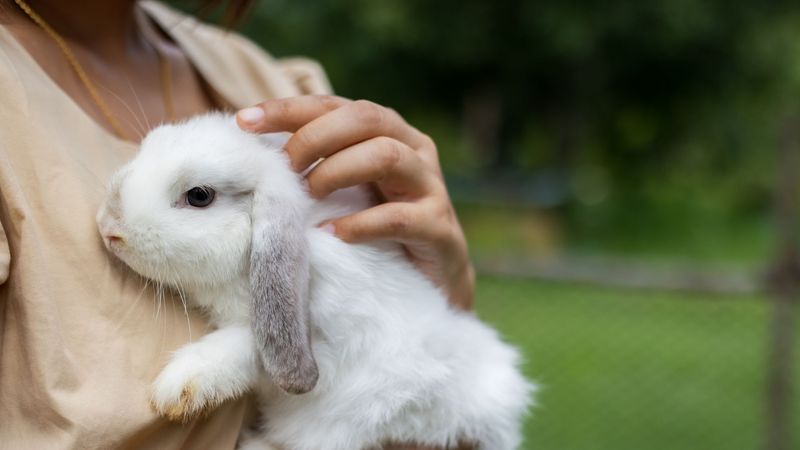
Rabbits are prey animals with sensitive nervous systems – chronic stress can literally take years off their lives!
Loud noises, improper handling, and the presence of predator pets create harmful stress. Create a quiet, predictable environment with hiding spots where your bunny feels secure to promote a longer, healthier life.
9. Genetic Factors Play A Role
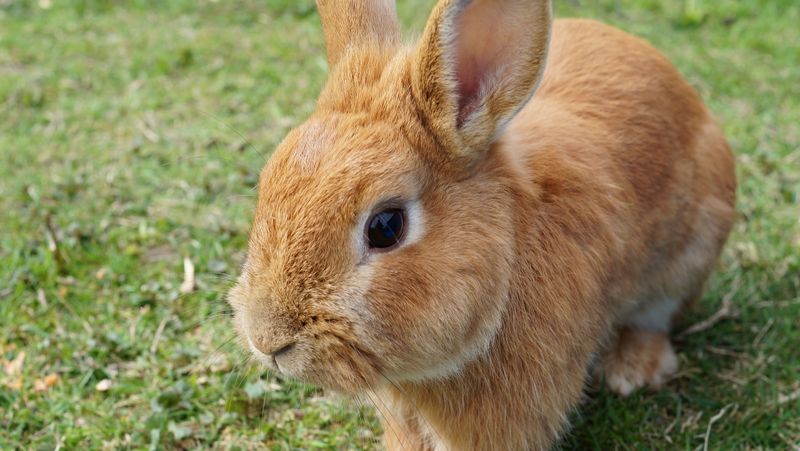
Just like humans, rabbits inherit longevity traits! Responsible breeders select for health and longevity, not just appearance.
Purebred rabbits sometimes face more genetic health issues than mixed breeds. Ask about the lifespans of a rabbit’s parents and grandparents before adopting – genetics provide important clues about potential lifespan.
10. Regular Vet Checks Are Essential
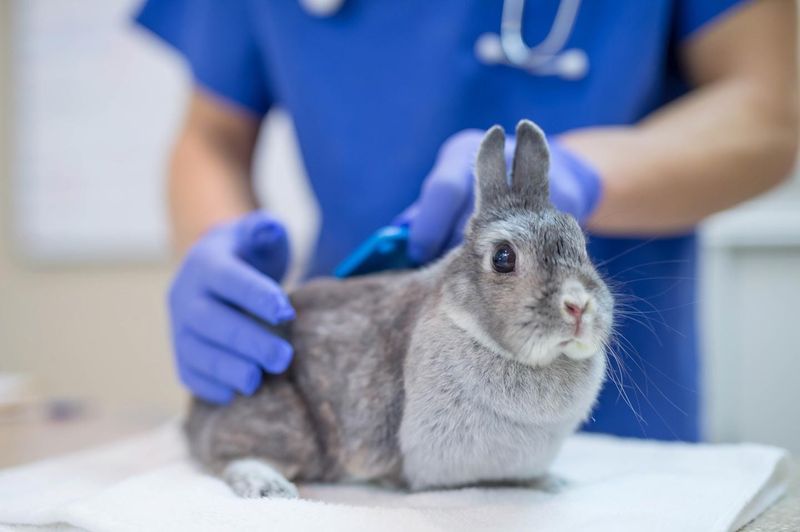
Annual rabbit check-ups catch problems early! Rabbits hide illness until it’s advanced – a survival instinct that works against them in captivity.
Find an exotic vet with rabbit experience, not just any small animal doctor. Wellness exams should include weight monitoring, dental checks, and parasite screening to maximize your bunny’s years.
11. Housing Size Affects Lifespan
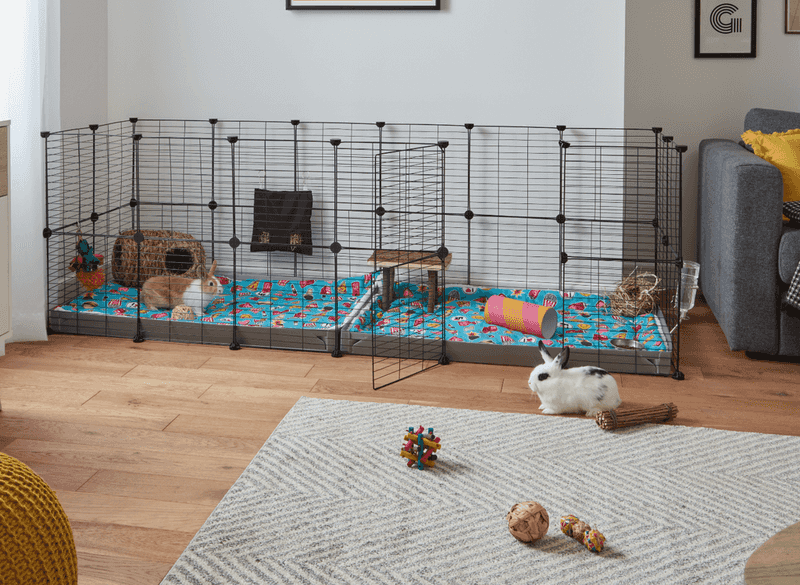
Cramped cages lead to shorter lives! Minimum space for a medium rabbit is 4ft×2ft×2ft, but bigger is always better.
Inadequate housing causes stress, reduced exercise, and poor hygiene – all lifespan reducers. Multi-level enclosures with ramps provide excellent exercise opportunities while maximizing limited floor space in your home.
12. Social Needs Impact Health
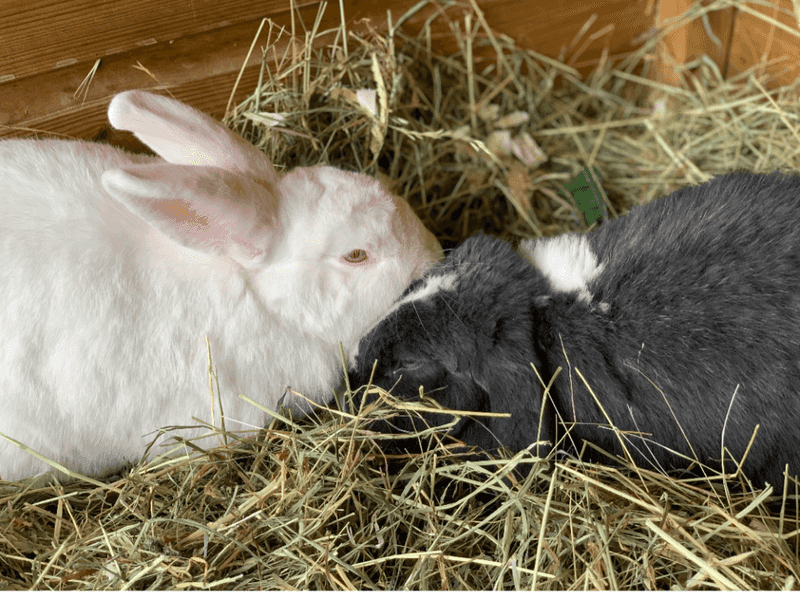
Lonely bunnies don’t thrive! Rabbits are social creatures that often live longer with a bonded companion.
Single rabbits need extensive human interaction to meet social needs. The stress of isolation can compromise immune function and overall health. Consider adopting bonded pairs for happier, potentially longer-lived rabbits.
13. Record-Breaking Rabbit Longevity
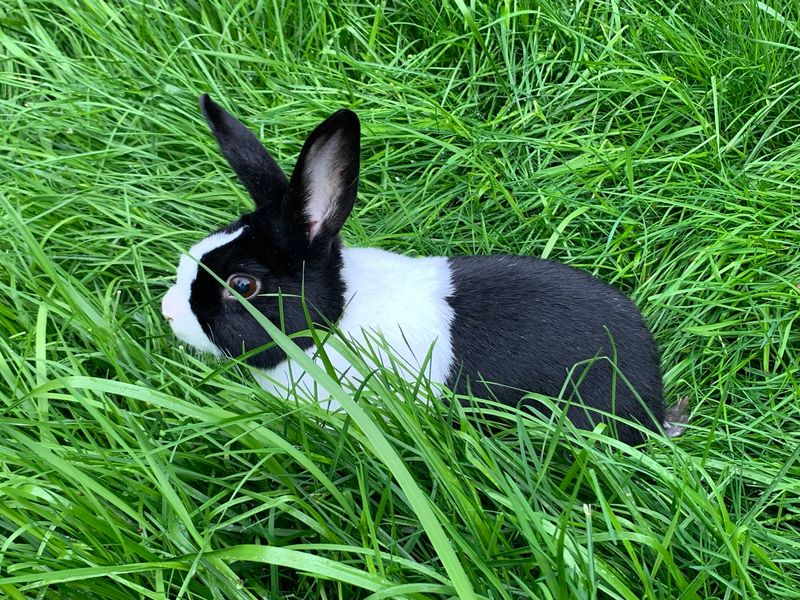
The oldest verified rabbit lived to 18 years and 10 months! While exceptional, it shows what’s possible with extraordinary care.
Most rabbits reaching 10+ years receive excellent nutrition, regular vet care, and live stress-free indoor lives. Your bunny might not break records, but proper care could help them join the ranks of senior rabbits enjoying their golden years.



